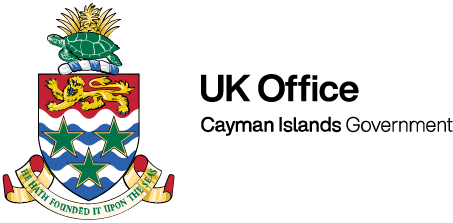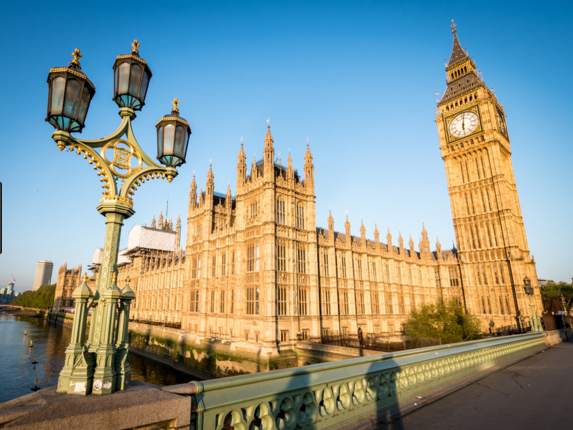For the second time in less than a year UK Parliamentarians have sought to introduce legislation that would essentially legislate directly for some Overseas Territories with Financial Services.
The proposed amendment to create public registers of beneficial ownership for company owners in overseas territories, ultimately via an order in council, was narrowly defeated during the second reading of the Sanctions and Anti-Money Laundering Bill in the House of Lords this month (211 votes to 201, majority 10).
While the vote was close, a number of Peers spoke favourably of Cayman and the Overseas Territories which is no doubt testament of the positive and ongoing political engagement carried out by the London Office. They included the Earl of Kinnoull (Con) who said he disagreed with the amendment ‘wholly’ on the basis that it was wrong to legislate on behalf of other governments; Lord Ahmad (Minister for the Overseas Territories) who said the register would drive business to other less well-regulated jurisdictions; Lord Leigh (Con); Lord Flight (Con); Lord Hodgson of Astley Abbotts (Con); and the Vice Chairman of the Cayman Islands APPG, Lord Naseby, who helpfully gave an example of how legitimate money flows through Cayman:
“Money does not stay in the Cayman Islands but flows through them to support growth in onshore jurisdictions, including in developing countries. An example of this is the World Bank’s International Finance Corporation, which invested more than $400 million through Cayman-based investment vehicles in 2015 alone. The money supported critical development projects in more than 24 developing countries. That is not just a one-off example; there are many others in what I call the leading overseas territories.”
You can read the full transcript HERE
The Bill will now pass into the Commons (expected to be late February) where opposition MPs may introduce a similar amendment.
*Photo Credit: Global Compliance News


